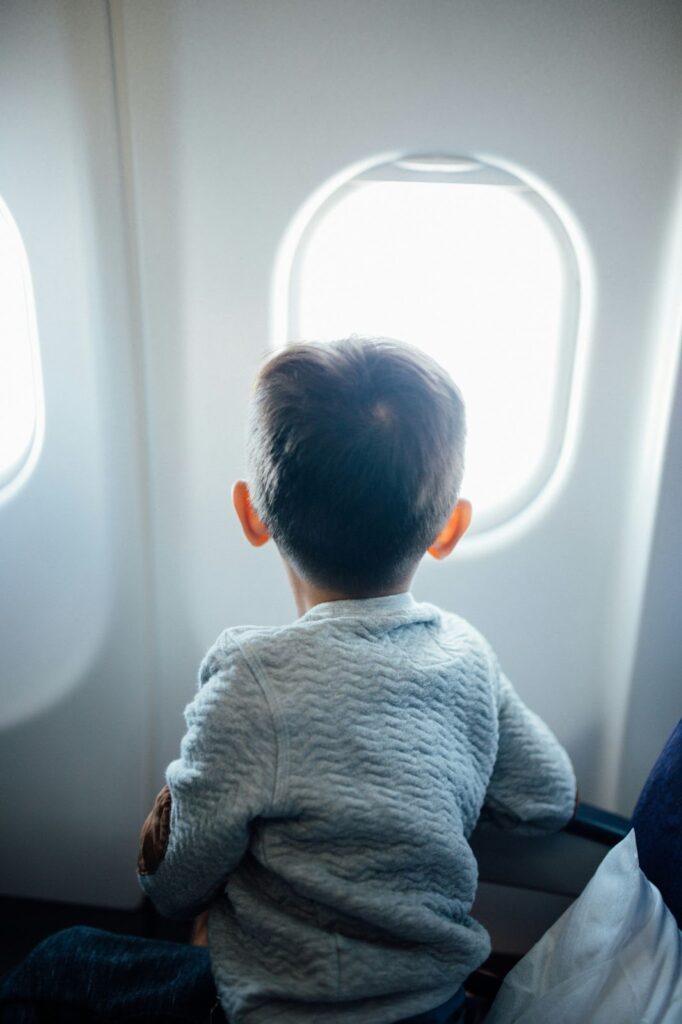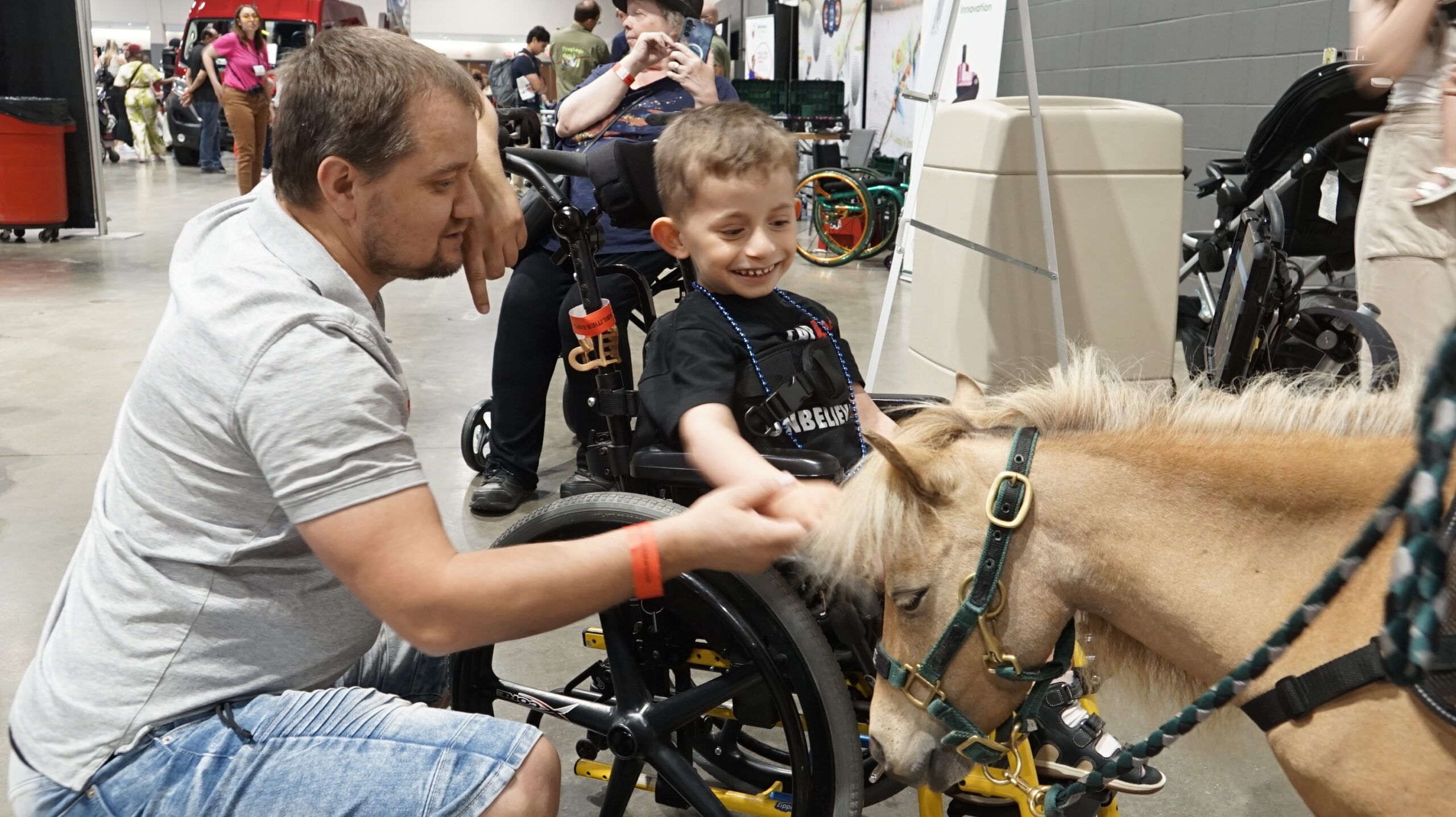Traveling is something that should be available to everyone – there’s so many amazing things to see and do across the globe. However, airports and train stations can be noisy and busy places, with strict rules, which can be a challenging environment for someone with autism. In addition to the noise, bright lights and flashing advertisements and shop displays can also be overwhelming.

If you or a loved one are autistic, then here are three rights you have, that are designed to make your travel experience easier.
Requesting Support

Airlines or train companies should have a programme set up to help any customers who need additional support – they’re not just for people with visible disabilities. Usually, you’ll need to contact the company in advance so you can find out what support they offer, and have it noted on your booking so that everything is in place for you when you travel.
Some adjustments that may be available to you include:
- Specific seating arrangements
- Priority boarding
- Assistance chacking in
- Help getting through the airport – for example being driven, rather than having to walk
- A quiet waiting room
Another good way of letting others know you may need assistance is to wear a sunflower lanyard, which is increasingly a universal signal to staff that they should offer support. This should be in addition to notifying the transport provider in advance, in order to ensure you can get the adjustments you need.
The right to be screened with a companion
If you’re traveling through an airport – or even some train stations – you may need to pass through security screening. Usually, this involves removing your shoes and belt, placing your belongings in a tray and walking through a scanner, one person at a time.
However, as an autistic person, you have the right to be screened with a companion. Note that you’re not exempt from screening altogether, but you can have someone with you to assist if needed and make you feel more comfortable. Just note that if the person assists, they will need to be rescreened for safety purposes.
Requesting a bulkhead seat

Bulkhead seats are ones that don’t have another seat in front of them, giving the passenger more space – they’re often typically quieter, thanks to their location in the plane. Autistic individuals aren’t guaranteed a bulkhead seat, but you can request one. The airline will assess the needs of the other passengers before making a decision; people traveling with a service dog or with a fused or immobilised leg will take priority.
However, by putting in your request at least 24 hours before you fly, you can make sure you’re considered. Especially if you’re a parent traveling with an autistic child, having a bulkhead seat can give you more space to help soothe them if needed.
If you think this might be something you or your loved one needs, it’s worth considering if you can travel at a quieter time to increase your chances of getting this type of seat. Note that the airline is not obligated to upgrade you to allow you to access this type of seating.





